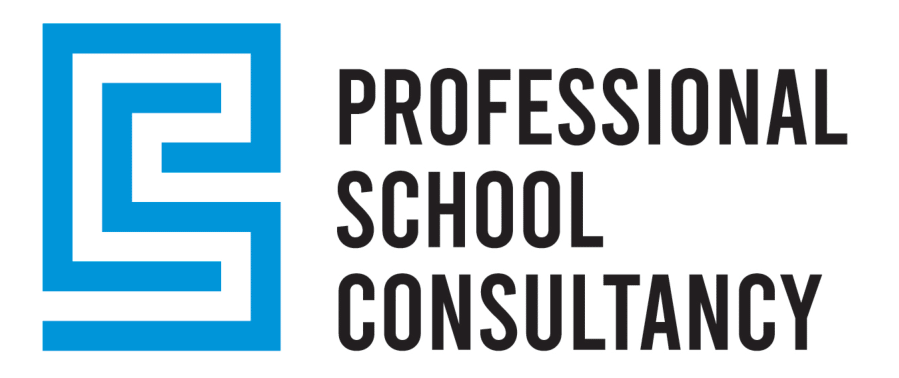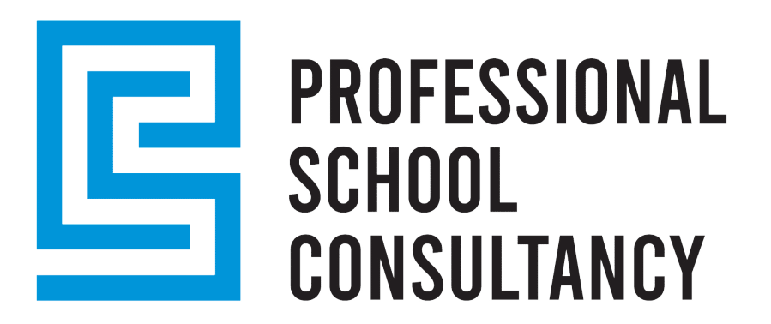In today’s rapidly evolving educational landscape, the role of school consultants has become increasingly vital in enhancing K-12 education. These professionals, armed with a wealth of experience and expertise, work tirelessly to improve the quality of education within schools and empower both educators and students. In this blog post, we’ll delve into the multifaceted role of school consultants and how they contribute to the ongoing transformation of K-12 education.
1. Curriculum Development and Enhancement
One of the primary responsibilities of school consultants is to assist in the development and enhancement of school curricula. They work closely with educators to design curricula that are not only aligned with national and state standards but also tailored to the unique needs and goals of the school and its students. This process ensures that students receive a well-rounded education that prepares them for success in the 21st century.
2. Professional Development
Effective educators are the cornerstone of any successful school system. School consultants recognize this and often provide professional development opportunities for teachers and administrators. These sessions can cover a wide range of topics, from the latest teaching methodologies to classroom management strategies. By investing in the professional growth of educators, consultants contribute to a more knowledgeable and skilled teaching workforce.
3. Data Analysis and Assessment
Effective educators are the cornerstone of any successful school system. School consultants recognize this and often provide professional development opportunities for teachers and administrators. These sessions can cover a wide range of topics, from the latest teaching methodologies to classroom management strategies. By investing in the professional growth of educators, consultants contribute to a more knowledgeable and skilled teaching workforce.
4. Strategic Planning and Vision
Every school should have a clear vision and a strategic plan to achieve its goals. School consultants assist in the development of these plans, helping schools define their mission, set objectives, and create actionable steps to reach their desired outcomes. This strategic guidance ensures that the entire school community is working together toward a common vision.
5. Specialized Services
Many school consultants specialize in particular areas, such as special education, technology integration, or multicultural education. These specialists bring unique insights and solutions to schools facing specific challenges. For example, a consultant with expertise in special education can help schools create inclusive environments that meet the diverse needs of all students.
6. Community Engagement
School consultants often foster collaboration between schools and their communities. They help schools build relationships with parents, local organizations, and businesses. These connections can lead to valuable resources and support for schools, ultimately benefiting students and the entire community.
7. Continuous Improvement
School consultants are dedicated to the concept of continuous improvement. They regularly assess the effectiveness of their strategies and interventions, making adjustments as needed to ensure that schools are always moving forward. This commitment to improvement aligns with the broader goal of enhancing K-12 education.
Conclusion
In conclusion, school consultants play a multifaceted and essential role in enhancing K-12 education. Their contributions extend far beyond curriculum development; they encompass professional development, data analysis, strategic planning, specialized services, community engagement, and a commitment to continuous improvement. With their expertise and dedication, school consultants are instrumental in helping schools create an environment where students can thrive and reach their full potential. As the educational landscape continues to evolve, the role of school consultants will remain integral to the ongoing improvement of K-12 education.
 +91
+91 


